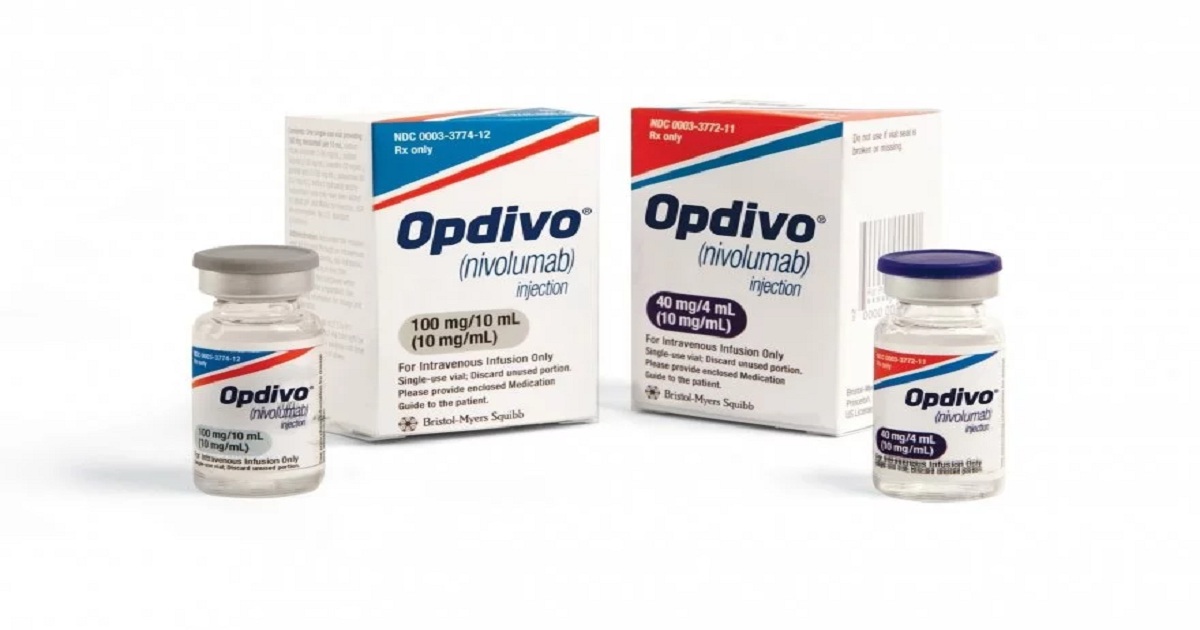Bristol-Myers Squibb’s Opdivo misses its shot at earlier use in liver cancer
fiercepharma | June 24, 2019

Bristol-Myers Squibb’s Opdivo already boasts an FDA approval in liver cancer patients who have been treated with Bayer’s Nexavar. But its quest to jump into the front line just hit a snag. The BMS PD-1 drug failed to beat Nexavar at extending patients’ lives in a phase 3 study, the company acknowledged Monday. The Bayer drug has long been as the standard of care for patients with newly diagnosed hepatocellular carcinoma (HCC), competition-free in that indication until Eisai and Merck & Co.’s Lenvima just recently joined it. While Bristol’s survival data didn’t meet the statistical significance bar in the trial, dubbed CheckMate-459, BMS said there was “a clear trend” toward improvement with Opdivo. With an accelerated second-line nod the FDA granted in 2017, “Bristol seemed to be well positioned from a timing perspective,” in the liver cancer market, which numbers about 11,000 patients in the U.S., Credit Suisse analyst Vamil Divan said in a Monday note to clients. Opdivo has been grabbing share in that indication, and Merck’s rival immunotherapy Ketyruda, which bears its own green light in the setting, just failed to confirm its own approval by showing it couldn't fend off tumor progression or prolong patients’ lives. BMS hasn’t revealed its own overall survival data for second-line use of Opdivo. But the tumor response rate it induced in the CheckMate-040 trial, 14.3%, isn’t that much different from the 17% Keytruda posted in its phase 2 Keynote-224 study.